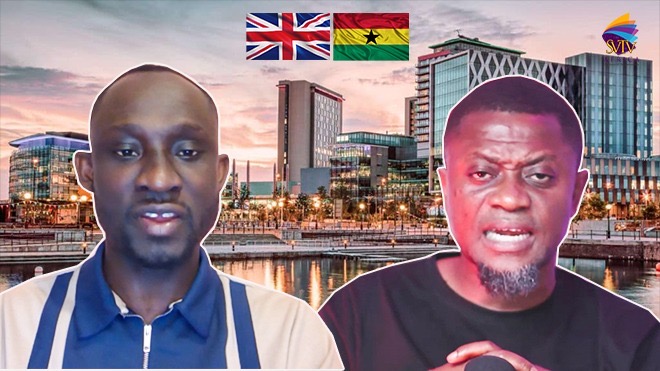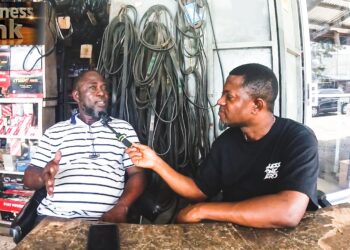Philip the Predictor Criticizes Ghana’s Independence Day Celebrations and Calls for Systemic Reforms
Philip the Predictor, a Ghanaian-born UK-based commentator and a regular guest on SVTV Africa’s Daily Hustle Worldwide show, recently shared his thoughts in an interview with DJ Nyaami. His discussion, which took place on Ghana’s Independence Day (March 6th), centered around the inefficacy of the celebrations and broader systemic issues in the country.
Philip strongly believes that Ghana’s Independence Day celebrations have become a waste of money and resources, arguing that they have had no significant impact since 1957. He questions why the event is framed as a demonstration of Black supremacy, urging people to reassess its true purpose. According to him, the mindset that Ghana had under Kwame Nkrumah no longer exists today, and the focus should shift toward meaningful development rather than grandiose celebrations.
Philip also highlights the need for an educational reform in Ghana, advocating for the implementation of a new syllabus to replace the outdated one. He draws comparisons between Ghana and other countries, citing Toyota’s latest innovation, which originated as a university project. Unlike Ghanaian universities, where lecturers often take advantage of students rather than nurturing their creativity, other nations encourage innovation and practical learning.
Despite Ghana having what he describes as one of the best and well-crafted constitutions, Philip argues that many pressing social issues remain unaddressed. He points to the rising number of maternal deaths in labor, emphasizing that no effective measures have been put in place to curb the problem. He compares this to the COVID-19 pandemic, which once dominated discussions but is now largely ignored.
Philip criticizes the Social Security and National Insurance Trust (SSNIT) for its mismanagement of pension funds, stating that if SSNIT operated like a private company, it could have been a major investor in Ghana. He recalls that SSNIT once owned several hotels, but instead of generating revenue, officials misused these assets by staying in them for free, leading to financial losses.
Another issue Philip raises is the tendency of individuals to have many children without taking responsibility, only to later blame the government or absent fathers for their struggles. He argues that people must be more accountable for their own actions rather than relying on the state to fix their personal challenges.
Philip’s perspective is a call for change, urging Ghana to move beyond symbolic celebrations and focus on real progress. From educational reforms and economic management to social accountability, he believes that addressing these key areas will drive meaningful development rather than continuing with traditions that yield no tangible benefits.
Watch The Video Below:
















